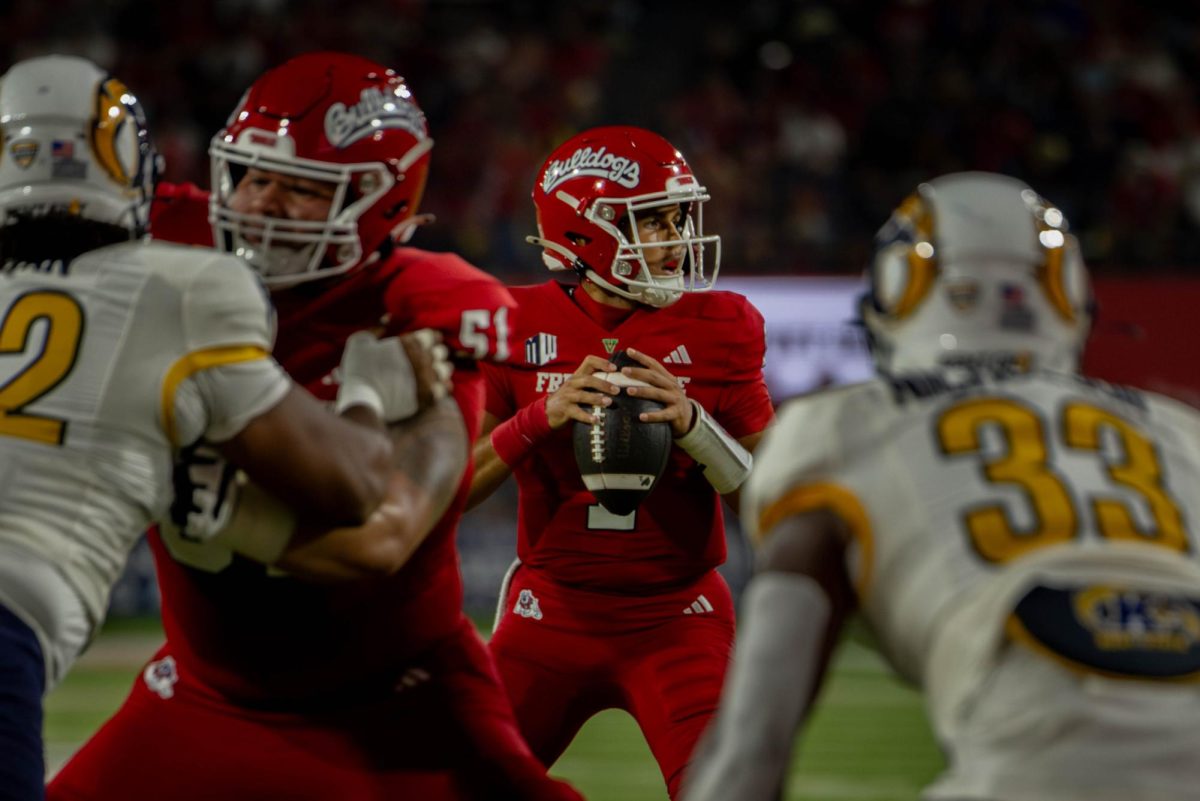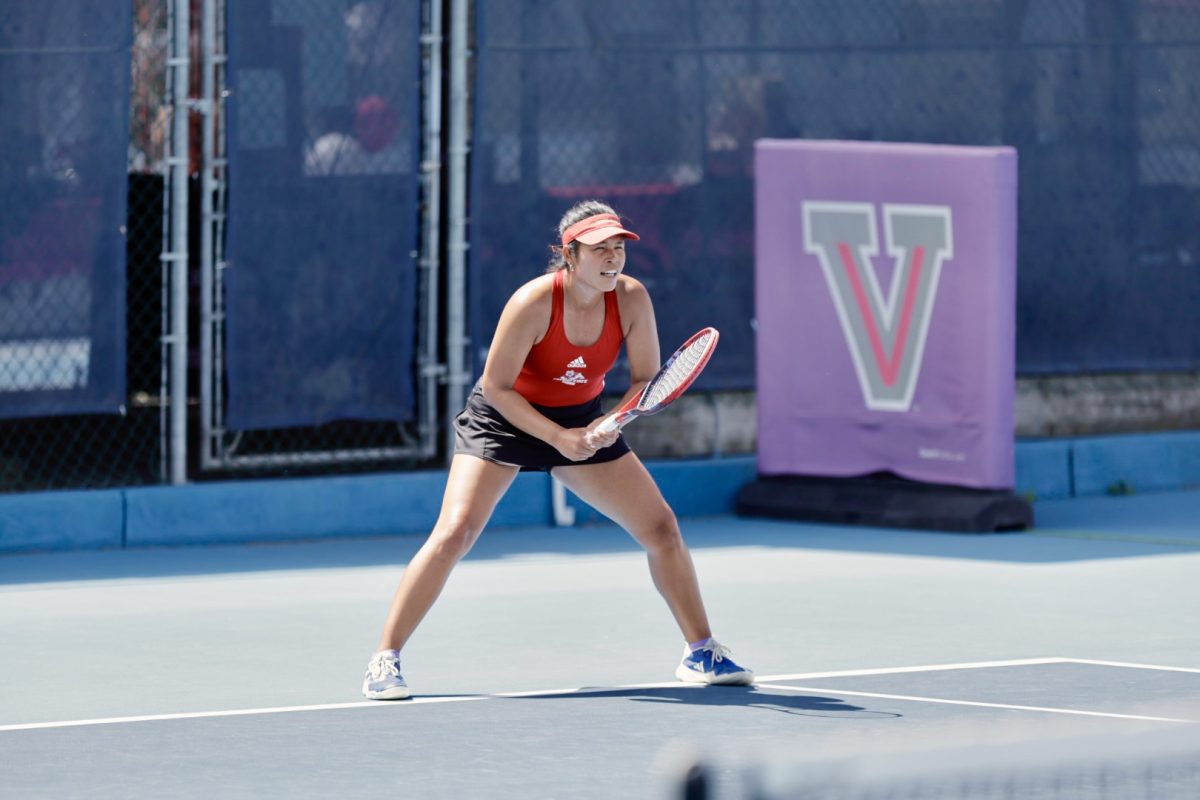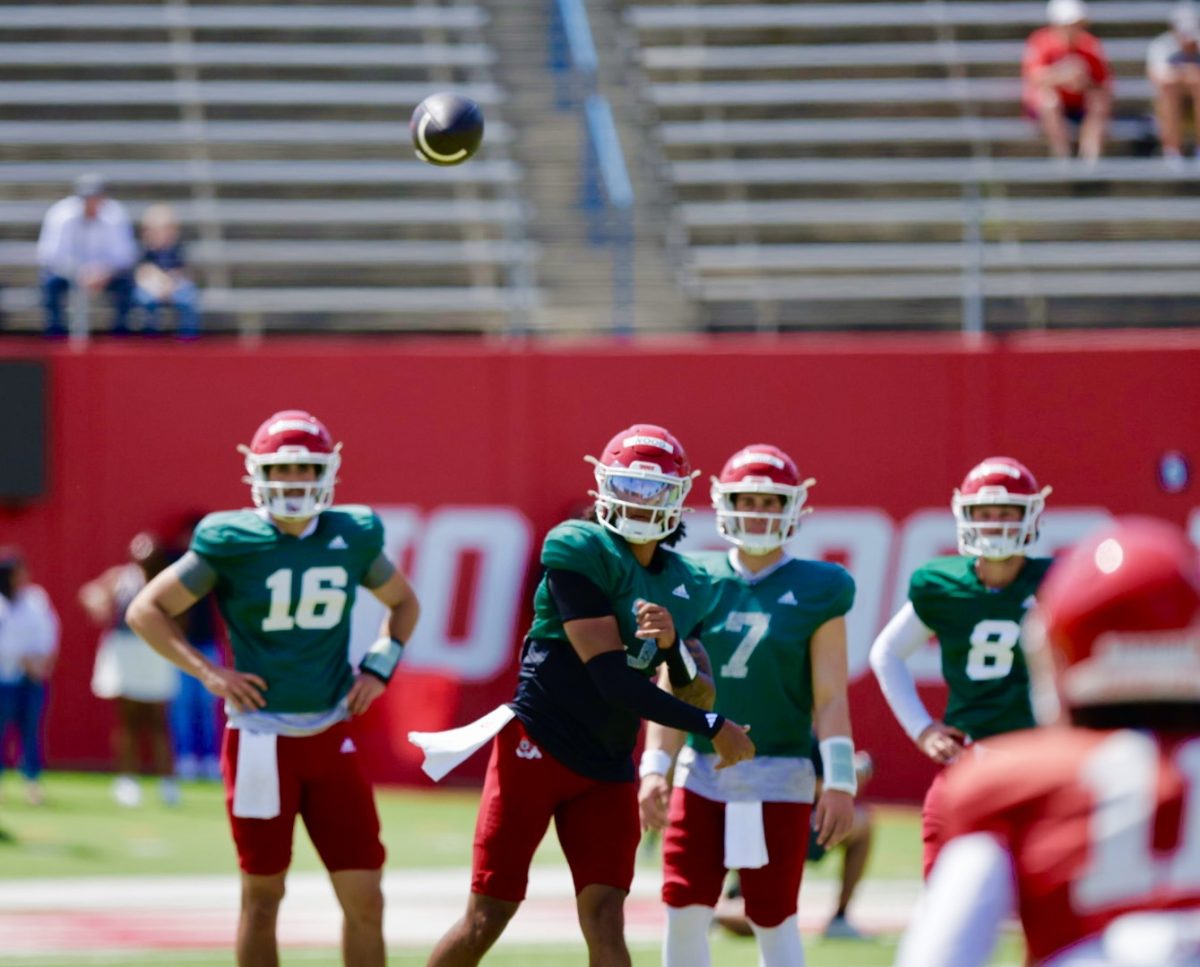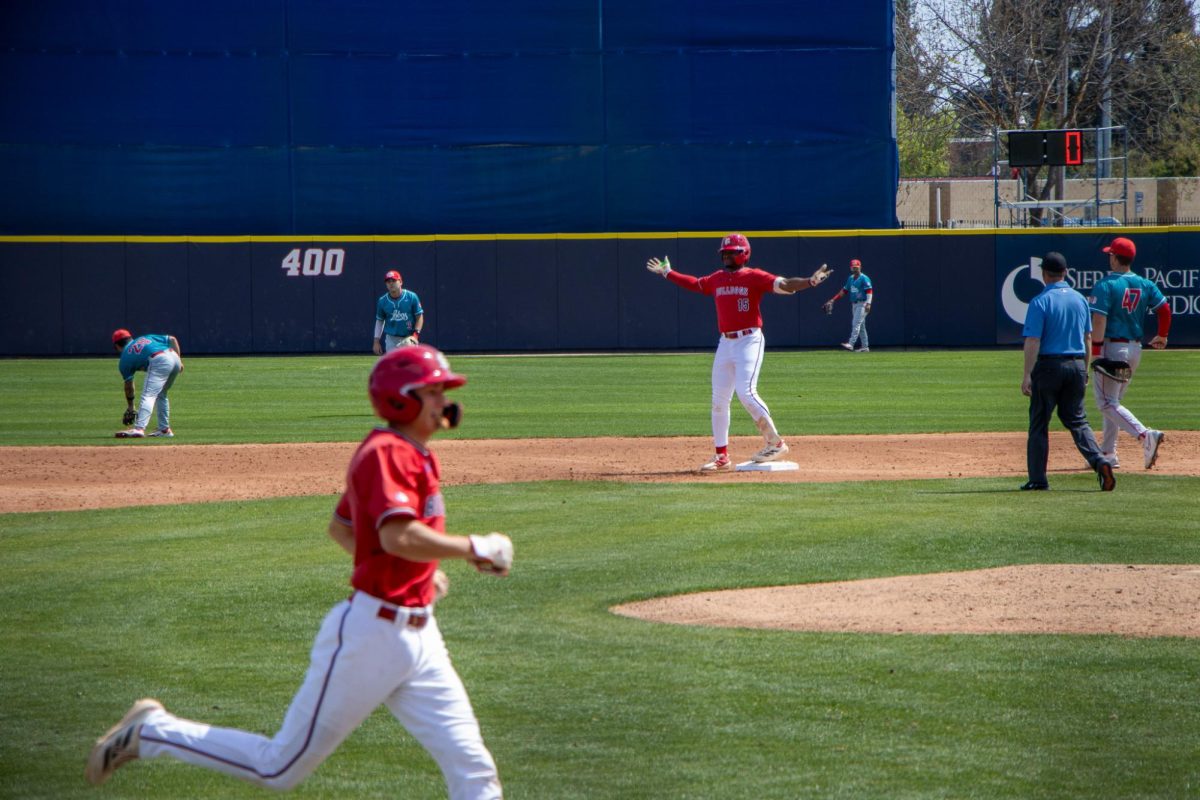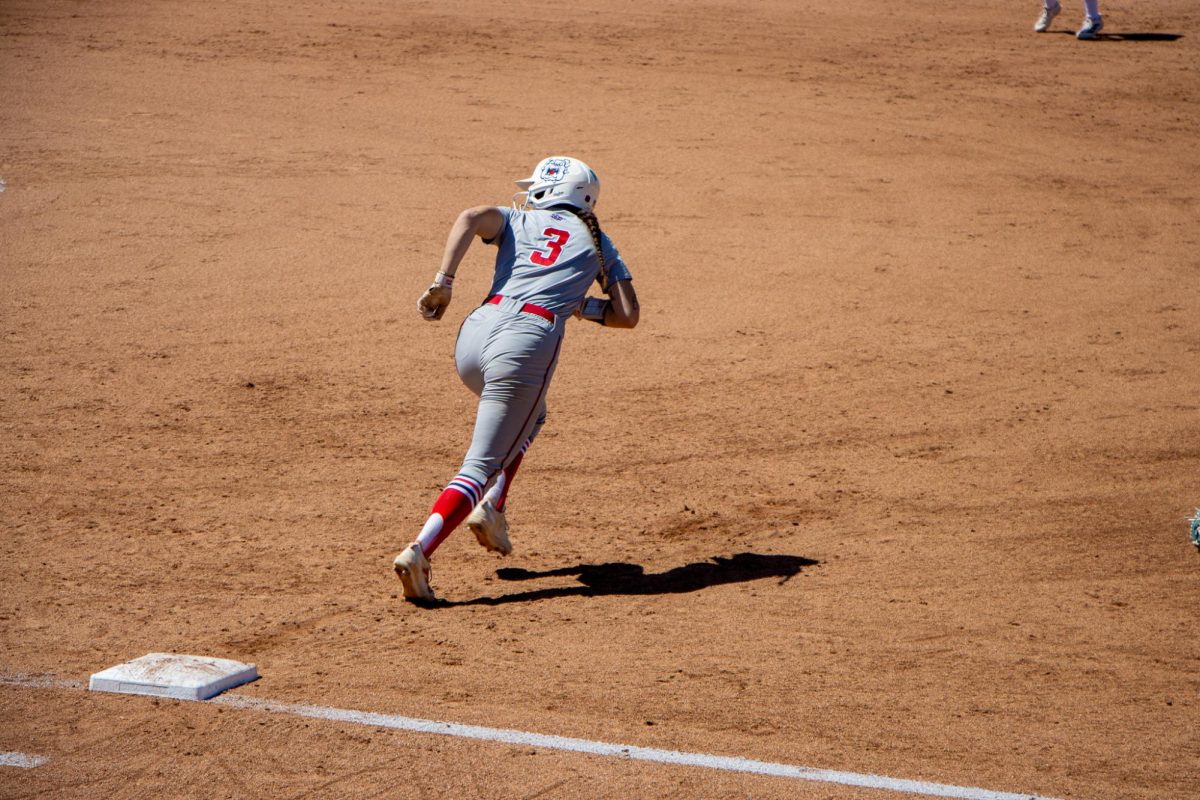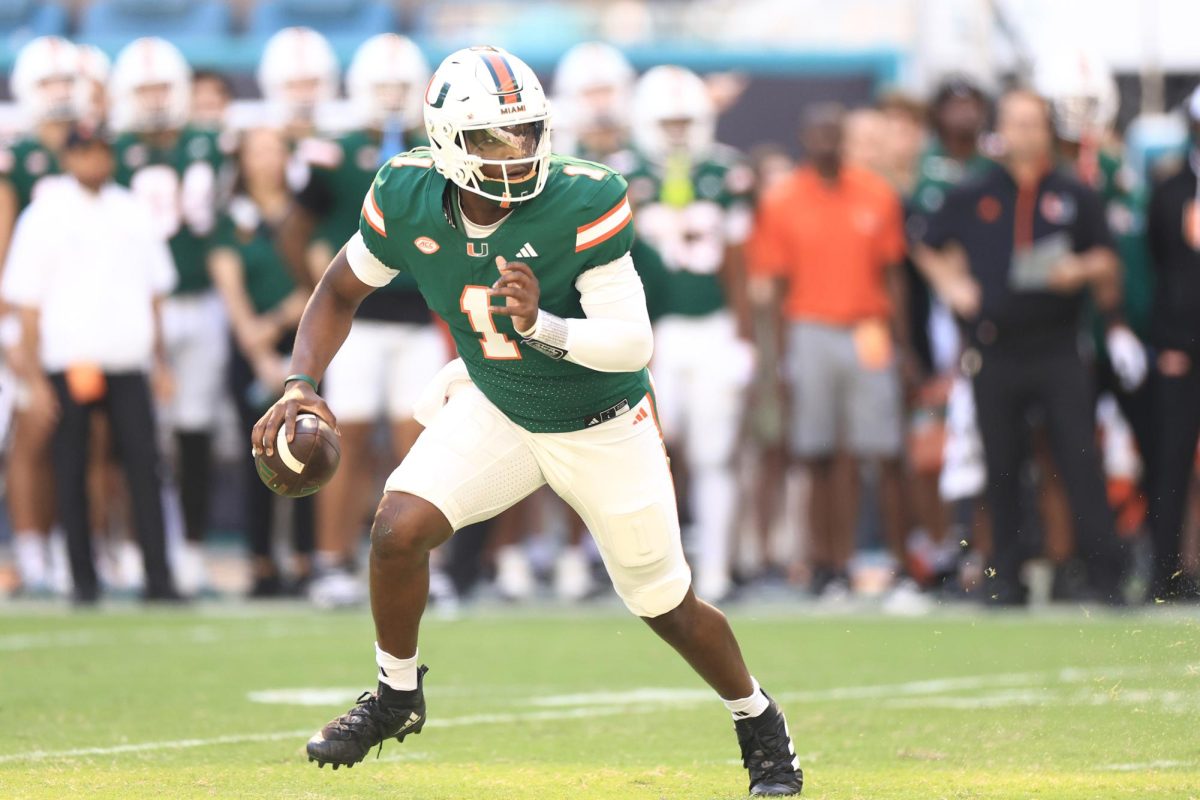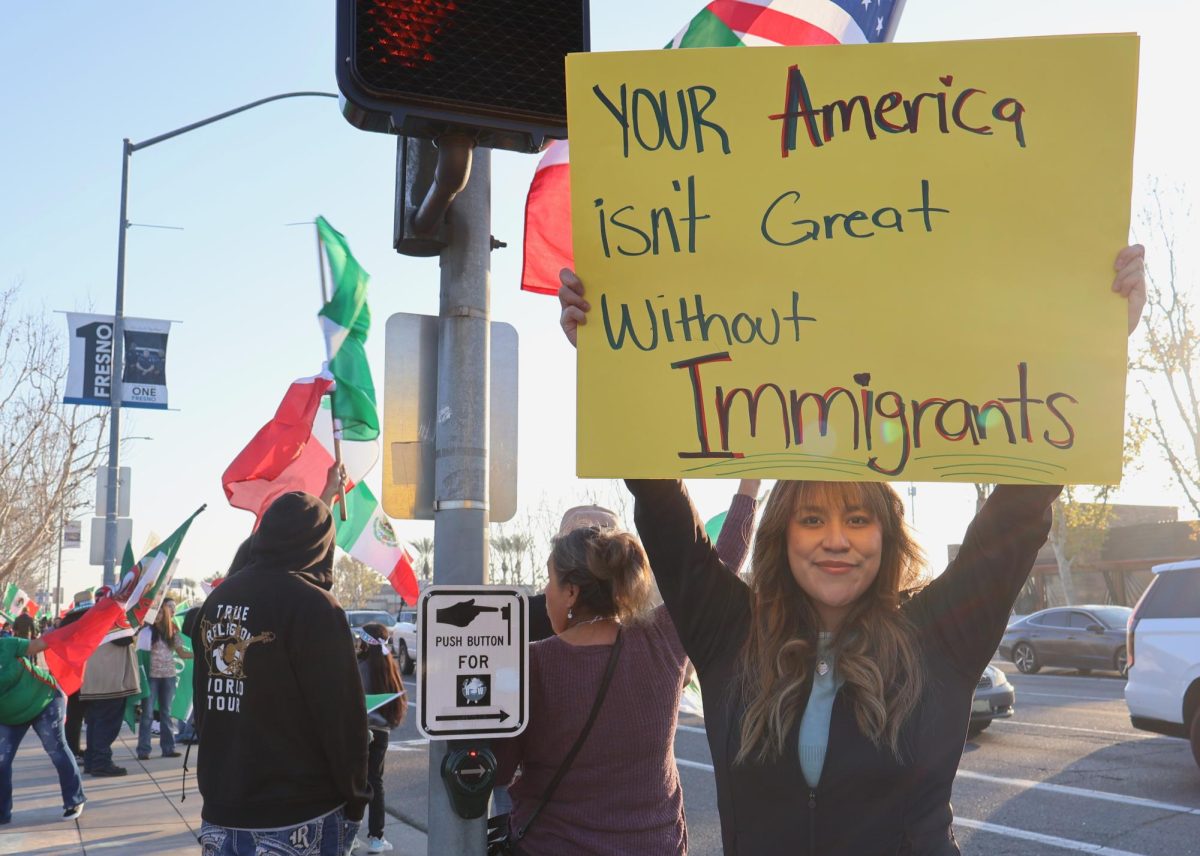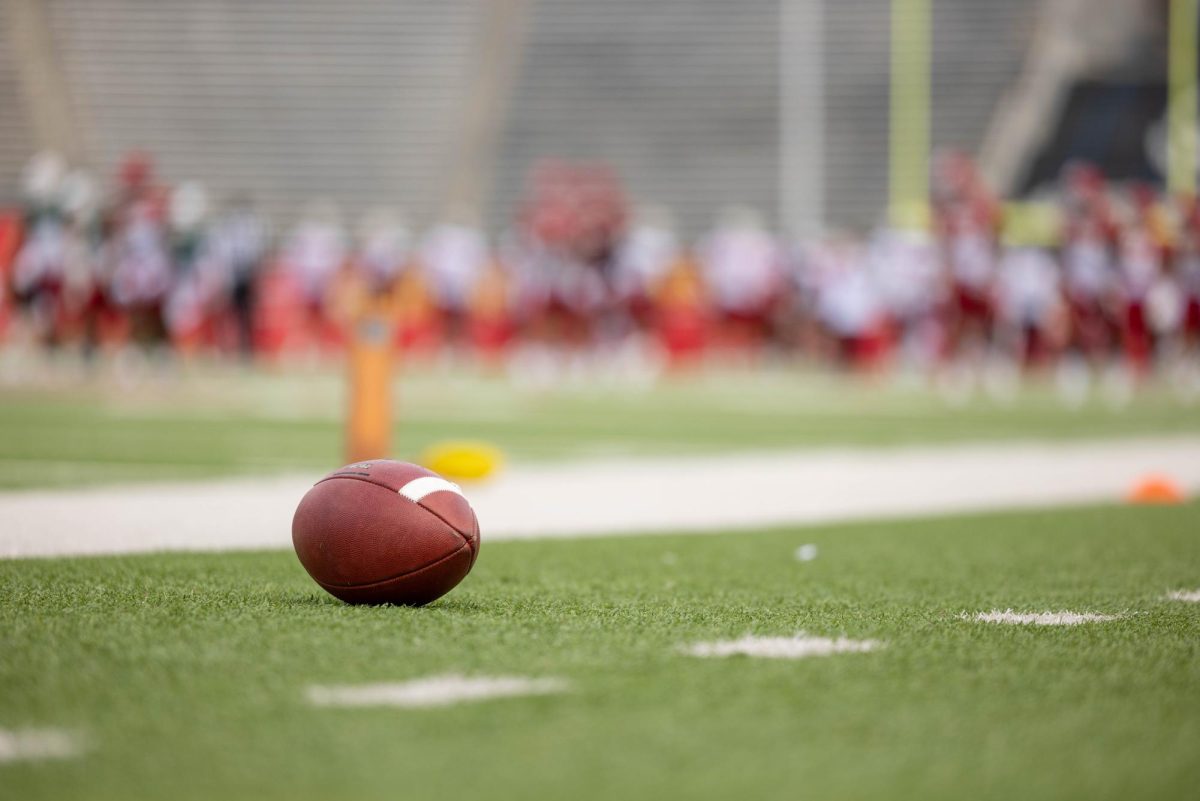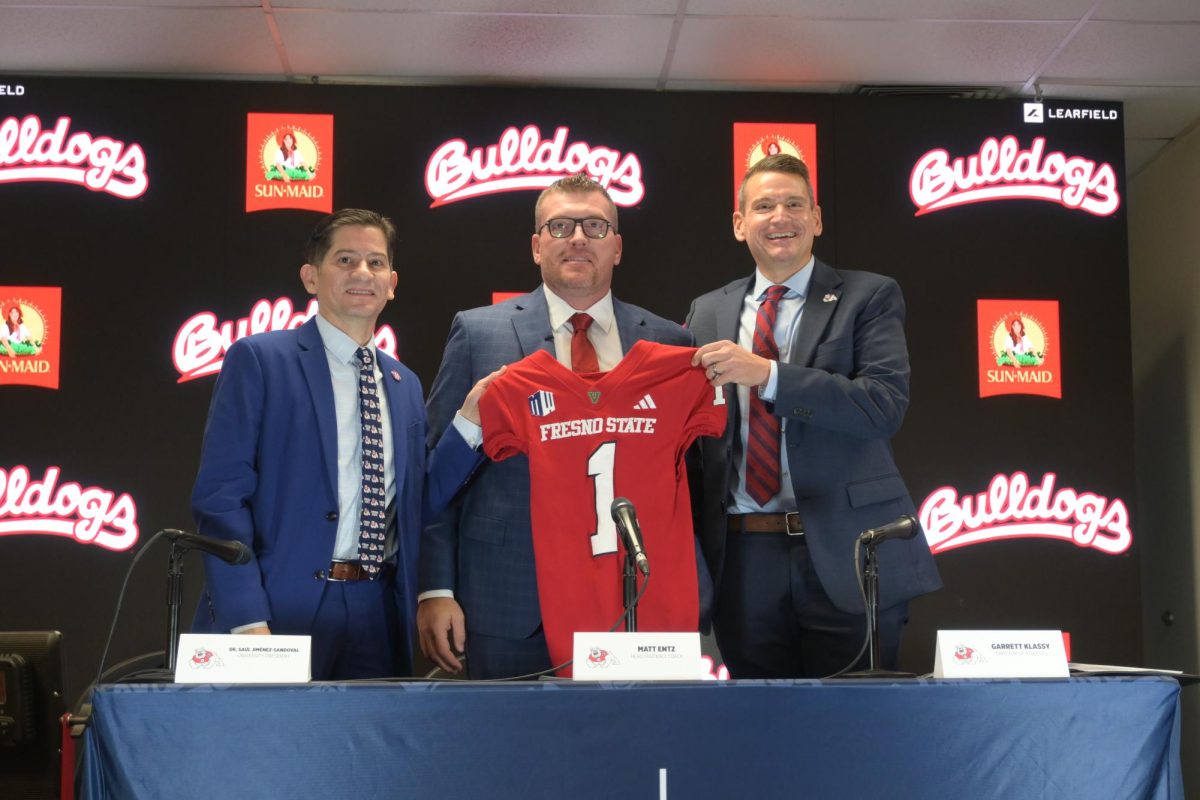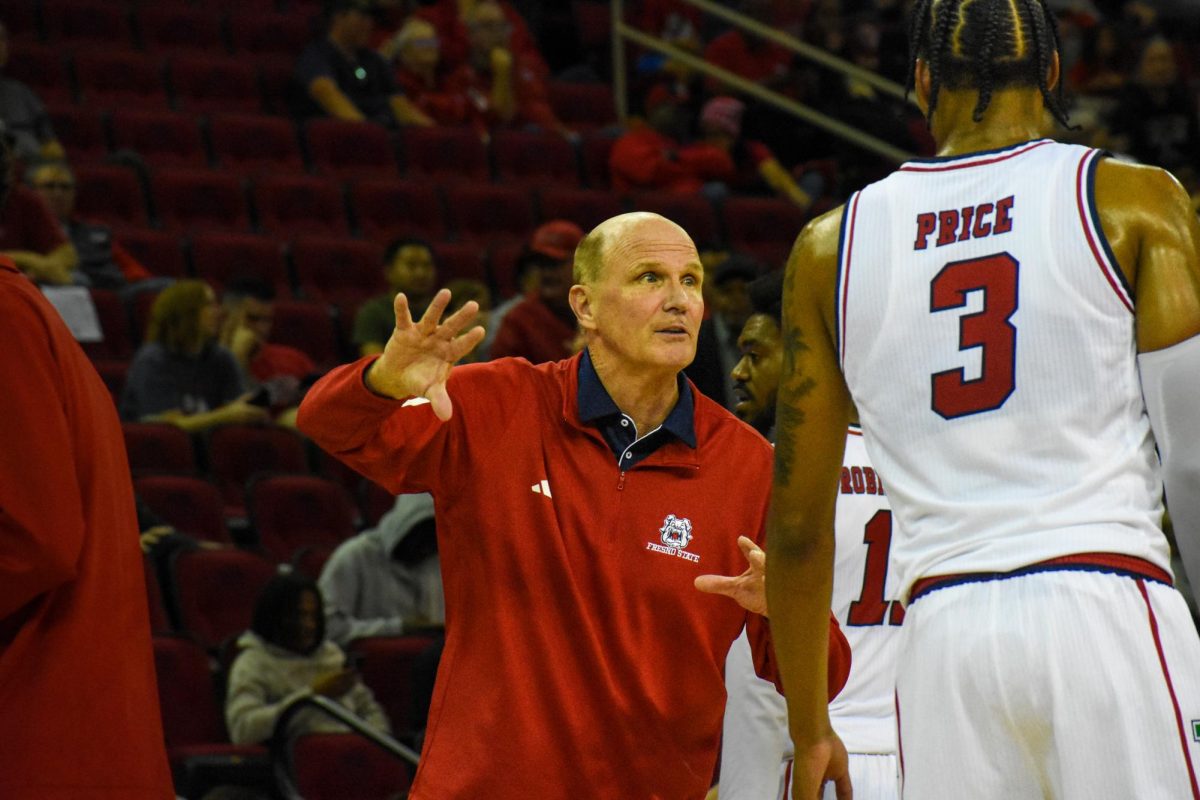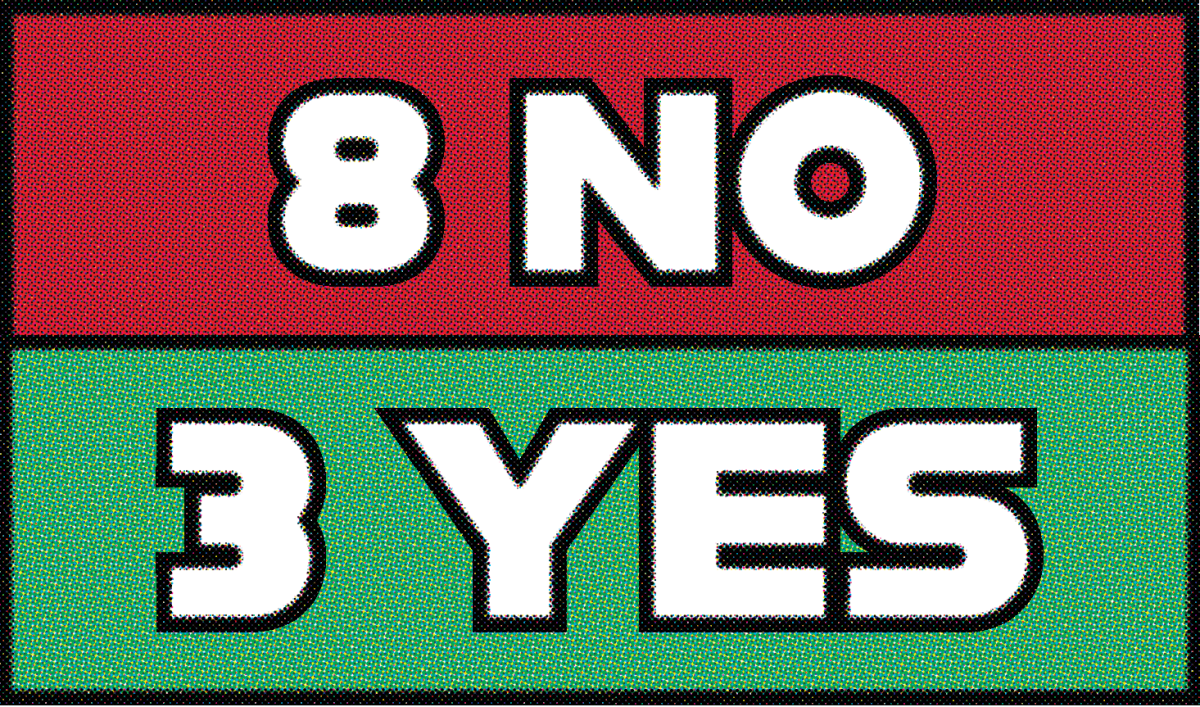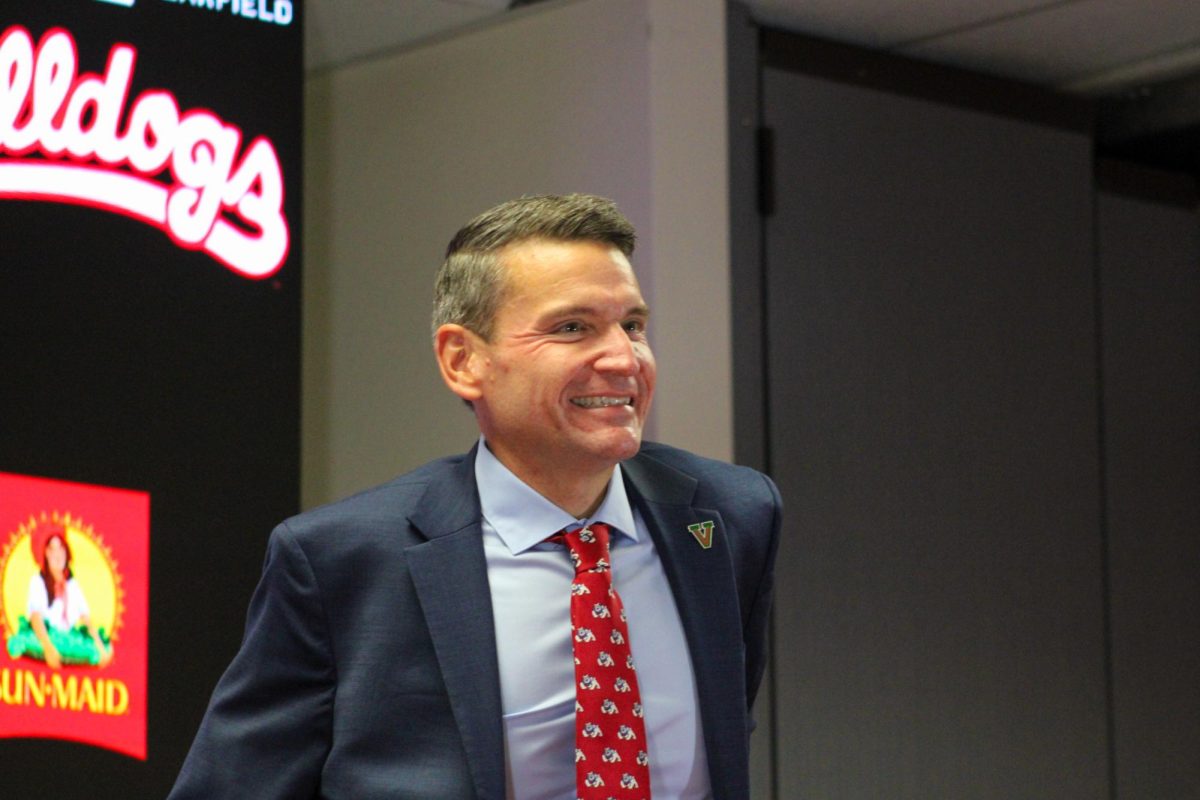From the moment the concept of Name, Image, and Likeness (NIL) was introduced in 2021, it completely transformed the landscape of collegiate sports.
NIL is the right that student-athletes have to earn profit from the use of their name, image, and likeness, with many of these deals done through sponsorships.
Some of the top earners include:
- Bronny James (USC basketball)
- Shedeur Sanders (Colorado football)
- Livvy Dunne (LSU gymnastics)
- Arch Manning (Texas football)
- Caleb Williams (USC football)
James, Sanders and Manning’s popularity comes from being relatives to famous professional athletes. Dunne has over seven million followers on TikTok, and Williams is projected to be the number one pick in the 2024 NFL draft.
In the past, the NCAA had received criticism for not allowing its athletes to get paid and put their name out there. Now with NIL reconsideration, athletes can build their brand to help them after college.
“This is the most power that student-athletes have ever had when it comes down to their lives as both students and athletes,” Fresno State Director of NIL Aaron Mitchell told The Collegian.
Even though NIL is more prevalent in major schools, like USC and LSU, Fresno State has begun making waves in the NIL landscape.
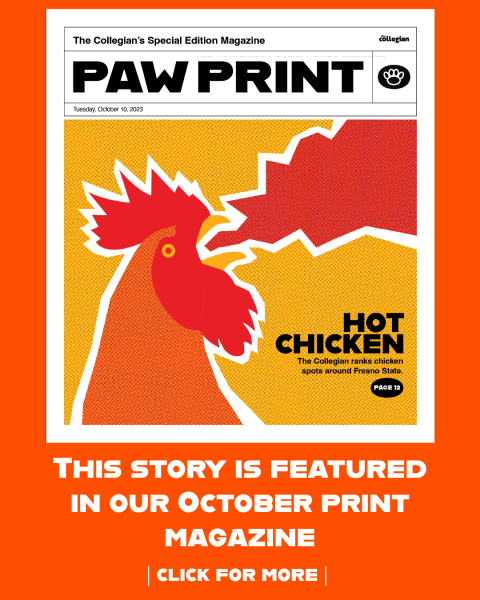
The Bulldog Bread Collective is the official NIL partner of Fresno State Athletics. As of Aug. 3, the Bulldog Bread Collective has 28 different student-athletes it pays for the use of their NIL, including quarterback Mikey Keene.
“That’s something we’re able to do and increase [the student-athletes’] well-being. It’s awesome to see that, and Fresno State taking the next step to help student-athletes,” Marcus McMaryion, director of development for Bulldog Bread Collective and former Fresno State quarterback, told ABC30 back in August.
While McMaryion is aware that they won’t be able to offer up to $100,000, like USC does for players, their goal is give athletes extra dollars in their pockets, he said. While McMaryion focuses more on paying the athletes, Mitchell, who was also a former teammate of McMaryion, said he sees NIL as an opportunity for the student-athletes to humanize themselves outside of their sport.
“Now with NIL, there is an opportunity to change the paradigm and see these athletes for who they are as humans outside of being an athlete,” Mitchell said.
Mitchell also sees NIL as an opportunity for student-athletes to get a head start in the real world before graduation, as they can build personal and professional relationships with businesses all over the Central Valley.
A typical day for Mitchell includes contacting businesses and evaluating if they would be a good fit to work with athletes. Mitchell said he views it as a mutually beneficial relationship when he looks for companies to work with.
One of the aspects of college sports that will forever change as a result of NIL is recruiting. In the past, athletes chose where they would play because of the coaches, the area and several other reasons. Now, athletes have to factor in potential NIL deals and what college can benefit them the most financially.
Even though the athlete’s perception can change, Mitchell believes the coaches who are recruiting the athletes will stay the same.
“Access to NIL will heavily impact college recruiting not because of a dollar amount, but because programs will still stick to their values and recruit players that fit their program’s standards,” Mitchell said.
Although some old-school college football coaches view NIL as unfavorable, it is here to stay and will continue making an impact in the college landscape for student-athletes.
“There is no going back from where we are today, there may be tweaks and changes, but NIL is here to stay,” Mitchell said.




